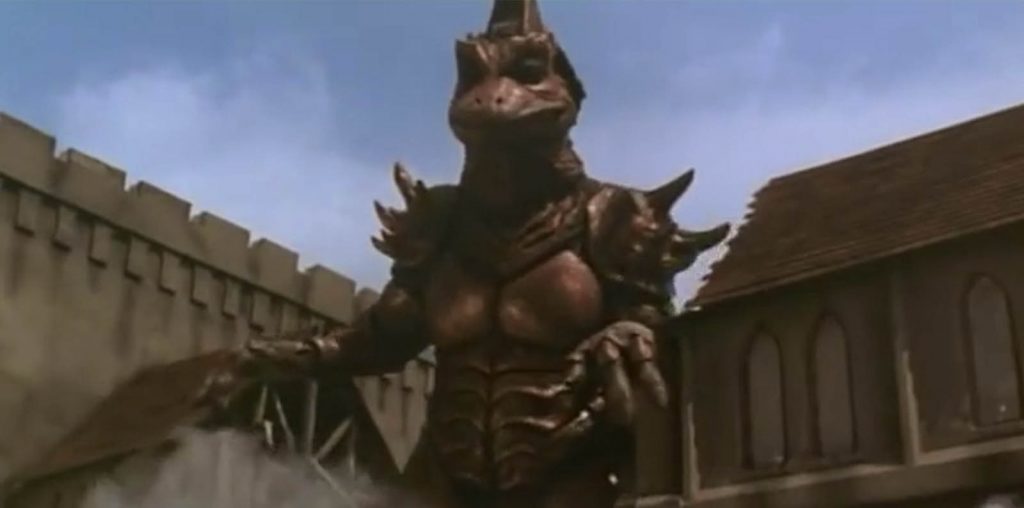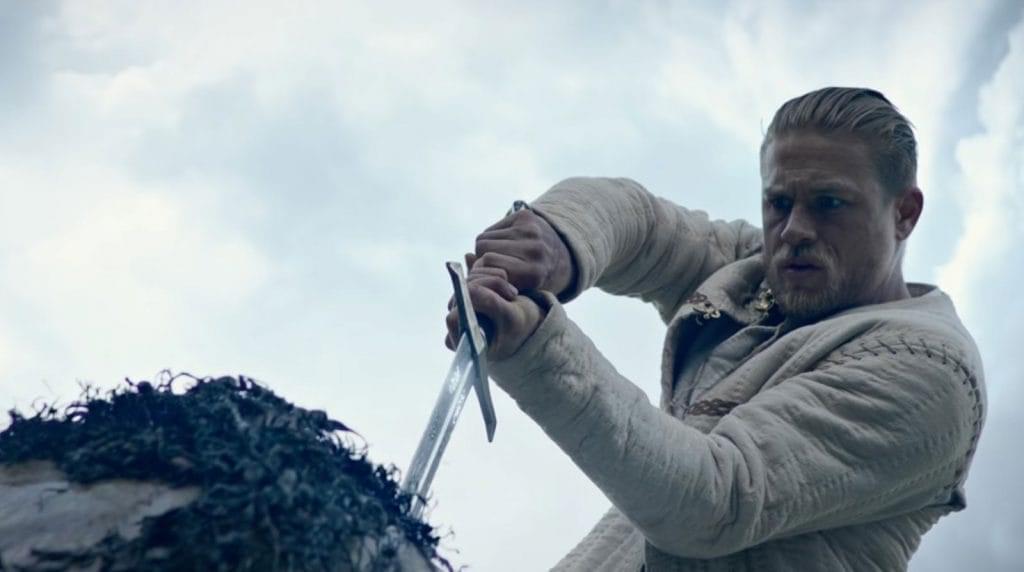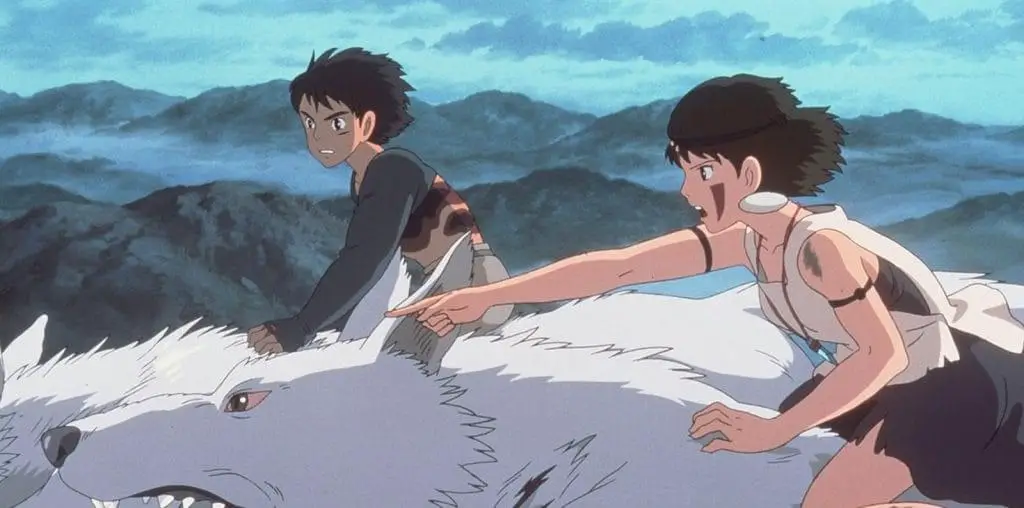
It’s Christmastime in The Green Knight, and Sir Gawain (Dev Patel) rushes out of last night’s medieval cathouse to make a different kind of merry with his fellow knights. They gather around the round table located in the middle of a modest but still elegant castle. Wine is had, and chivalric small talk bounces off the cobblestone walls until Gawain is singled out by an aging King Arthur (Sean Harris). The king gives Gawain a deeply felt pep talk, reminding him that better days of honor, danger, and exceptional feats are ahead if he wants them to be.
Keeping that in mind, it’s either the best or worst day of Gawain’s life when an unexpected visitor steers his horse into the castle—without knocking or wiping his hooves. Judging by his decorated armor, he is a knight but apparently has green skin. The Green Knight’s (Ralph Ineson) body is made of bark, his sad eyes lodged deep into his wooden head, and when he moves, he sounds like a bushy elm catching a north wind. He issues a challenge to any of the knights present. The Green Knight will allow any of them the first strike in a duel, with the catch being that the giver of the first strike is to receive an identical strike in precisely one year at the Green Knight’s chapel. Thinking this to be more checkers than chess, Gawain volunteers and makes his first strike count, cutting the knight’s head off, thereby preventing a return strike. The Green Knight picks his head up off the ground and rides away. Gawain experiences the fastest year of his life.
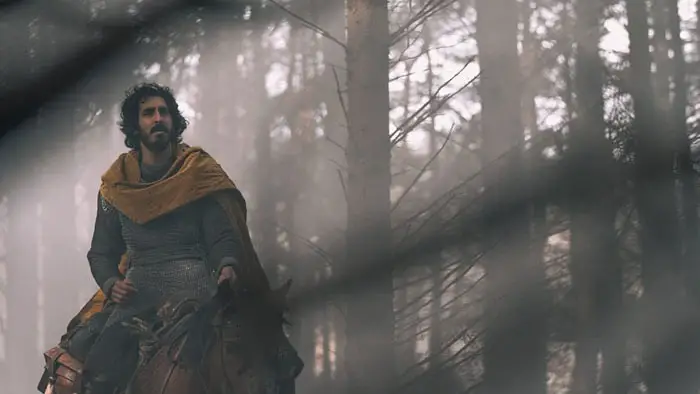
“…the giver of the first strike is to receive an identical strike in precisely one year…”
It’s here where The Green Knight, directed by David Lowery, loses its momentum. After this emotionally-charged opening, which sows the field with the themes and introduces its rustic visuals, the movie gets too comfortable with itself. Gawain goes on a journey to the Green Knight’s chapel, where he’s to meet his fate, and the adventures along the way are simply uninteresting. Take an interaction with a roadside bandit who tricks Gawain into a state of complacency, ties him up, robs him, leaves, and then Gawain cuts himself loose and continues on. Lowery takes the opportunity to do some twirly camera trick, which is cool but hardly an excuse for the interlude.
No part of Gawain’s journey has the adolescent sense of adventure you’d expect in a chivalric romance, nor does it have the folksy philosophizing of a David Lowery production. Instead, it’s reminiscent of the artsy sterility of Jim Jarmusch’s Dead Man, except you don’t get the sense that Lowery hates the genre he’s working in. Instead, you just get the sense that he’s going through the motions, too caught up in the imagery to nurse the characters or the ideas.
By the time the final moments come around, the movie has righted itself. It’s not too little, but it is too late. It attempts to cram in many of the ideas that would have done the movie good along the way, and it does so in a Last Temptation of Christ-like frenzy. Had these themes of accepting the consequences of actions, living up to one’s word, the moral weakness of youth been better capitalized on, or had a little fun been had, The Green Knight would have done a better job at earning itself a place in the storybooks.
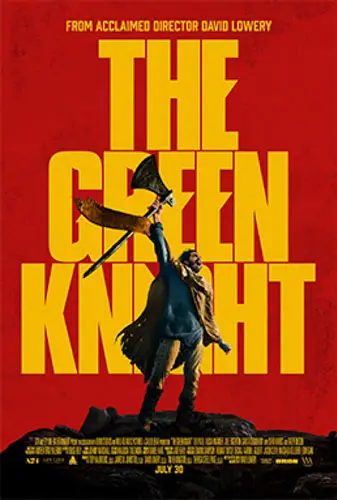
"…emotionally charged opening..."
